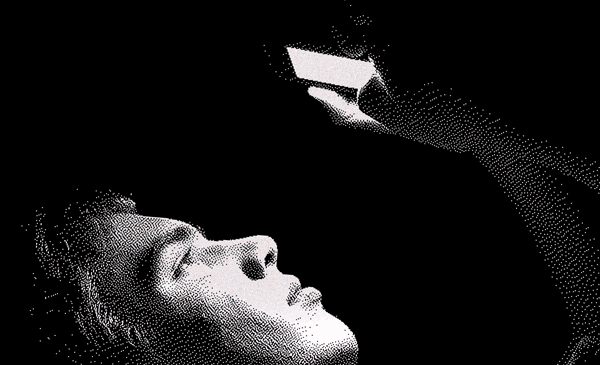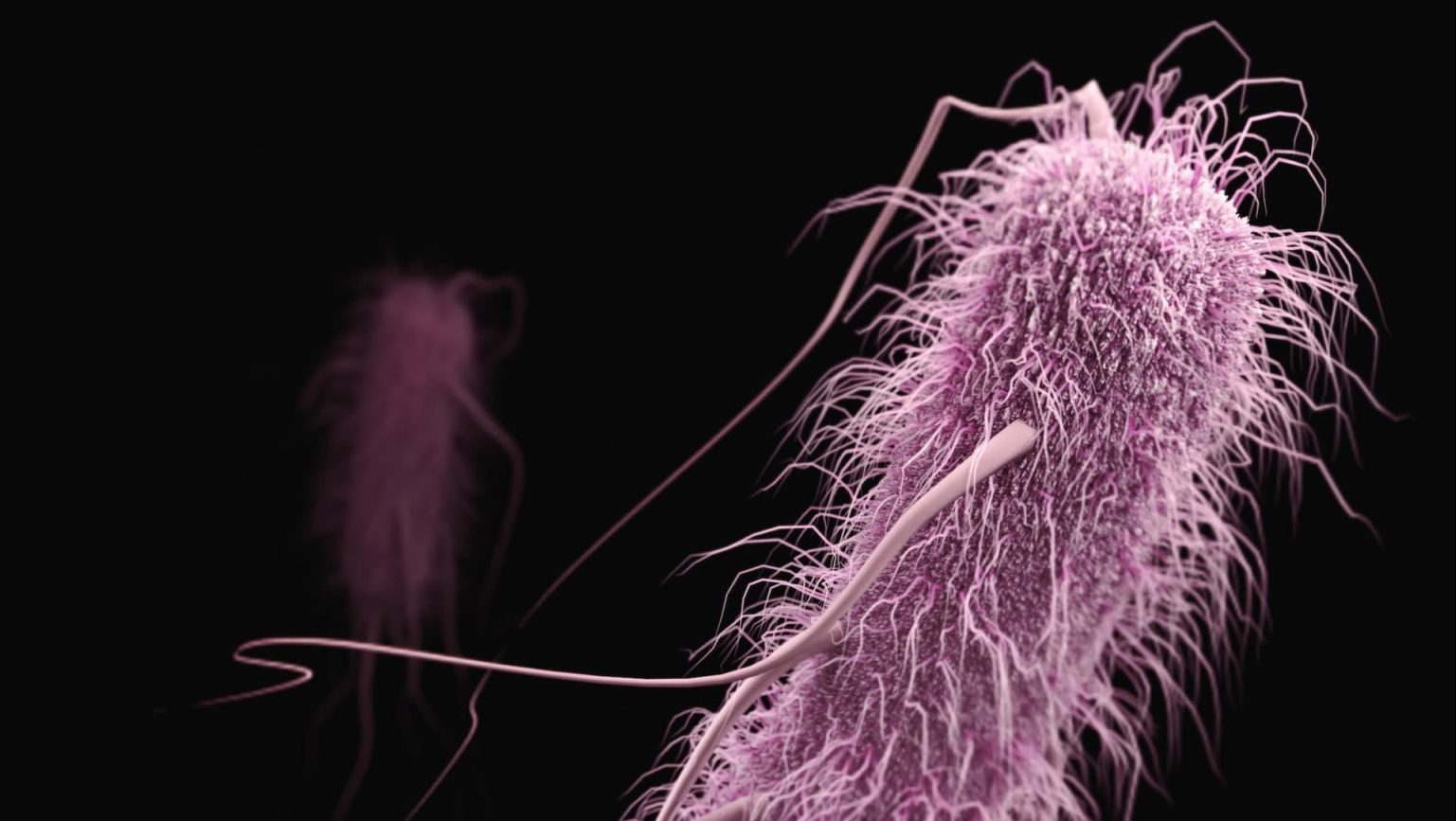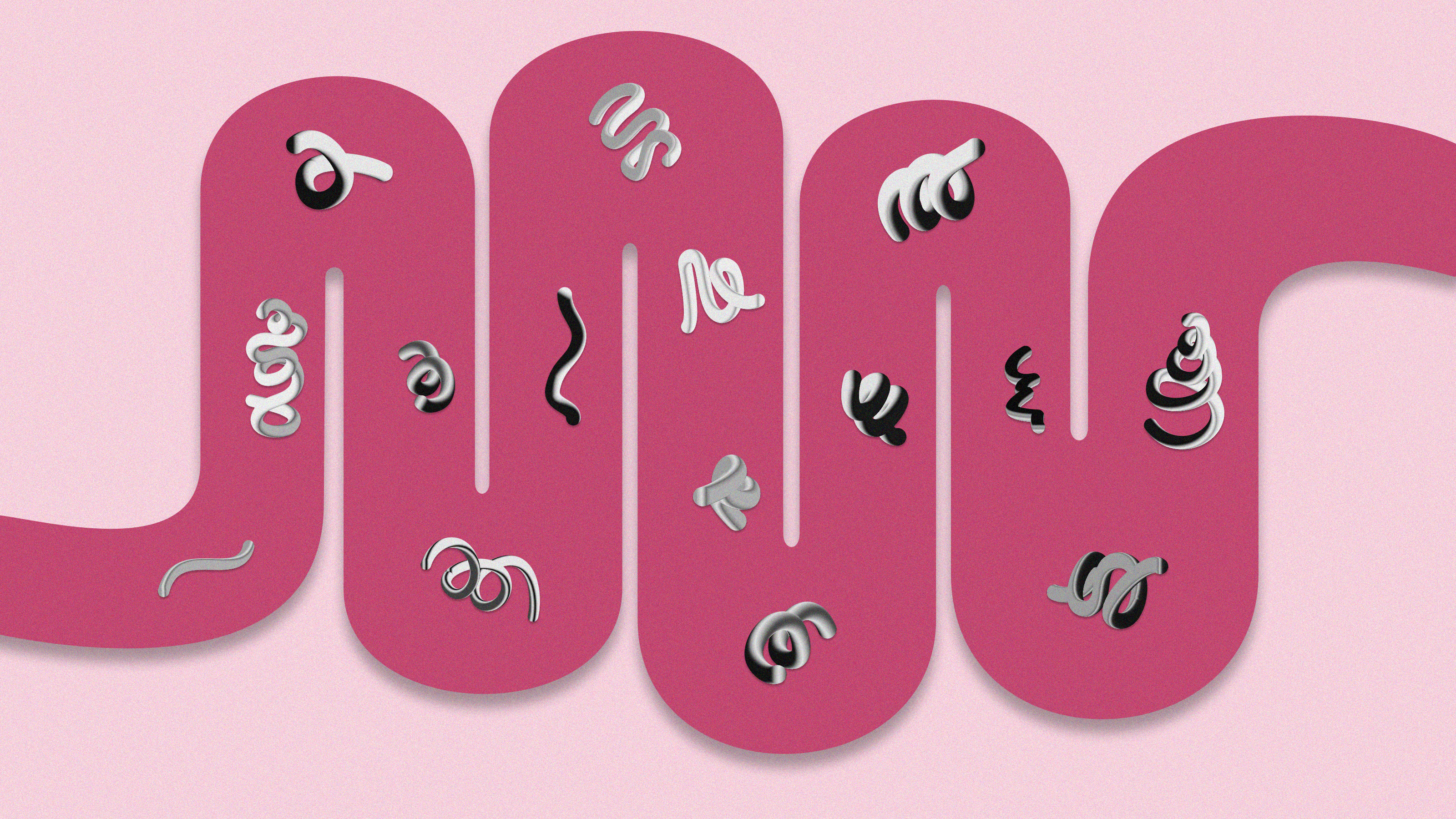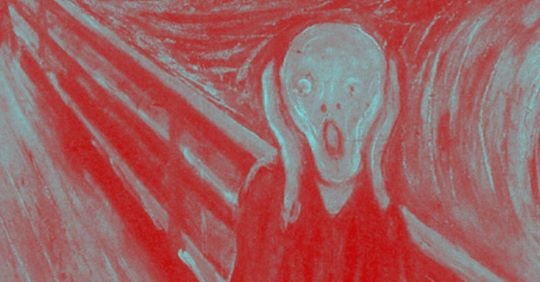Gut Microbiome Health Linked to Social Circles
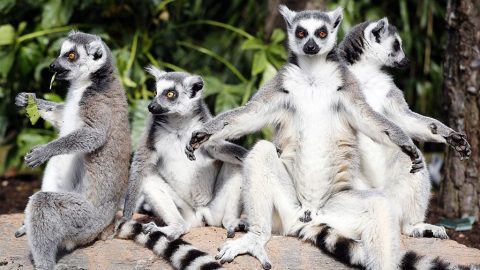
We influence one another more than we’ll ever know. Ideas, mores, customs, and religions spread through communities like contagions. So does bacteria, as we know from a history of infections as well as new research on the social circles of lemurs. This study might offer another insight into the complex and fascinating nature of what health entails.
One major advance in recent years has been recognizing how relevant gut microbiome is to physical and cognitive health. Some researchers speculate that the microbiome might be the most relevant marker of fitness. We also know that the composition of the thousands of species of bacteria inside of your gut is multifactorial, relying on the food you consume, the environment you live in, behavioral patterns, and genetics.
But how relevant are other people in your environment? That’s what a team, led by Amanda Perofsky, an NSF Graduate Research Fellow at the University of Texas at Austin, wanted to find out. Having spent time studying lemurs at the Kirindy Mitea National Park in western Madagascar, Perofsky’s academic career has been focused on the link between social behavior and disease risk in this wild sifaka population.
The paper, published in Proceedings of the Royal Society B, focuses on gene sequencing and social network analysis and determines that denser grooming networks “have more homogeneous gut microbial compositions.” It should be noted that this particular species is more tightly knit than others:
Higher-order social network structure—beyond just pairwise interactions—drives gut bacterial composition in wild lemurs, which live in smaller and more cohesive groups than previously studied anthropoid species.
Studying forty-seven lemurs from seven different social groups, the team discovered that 67.6 percent of variation in microbiome can be attributed to group membership. Even more surprisingly,
Even after controlling for diet, kinship and habitat overlap, group membership was the single most informative predictor of gut microbiome diversity and similarity between individuals, revealing the importance of social network structures beyond the dyadic associations reported by prior studies.
This potentially overturns a common notion that infection spreads more quickly through tight-knit groups because of proximity to the affected. As Perfosky notes, social groups might make these lemurs more resistant to infection because their stable microbiomes ensure that members spread beneficial bacteria.
It would be fascinating to understand if similar patterns affect the human microbiome. While we’re not known for daily grooming (outside of our immediate family, perhaps), we do know our actions influence others in ways that elude conscious detection. We also know how vulnerable we are to the bad habits of others, dietary and behavioral choices included. (To be fair, our good habits are also communicable.)
While studies like this cannot be easily transferred to our species, they remind us of the inherent interconnectedness of social groups and our relationship to our environment. We know relationships are a critical component of individual health. Just how much that’s the case is continually becoming apparent.
—
Derek is the author of Whole Motion: Training Your Brain and Body For Optimal Health. Based in Los Angeles, he is working on a new book about spiritual consumerism. Stay in touch on Facebook and Twitter.
